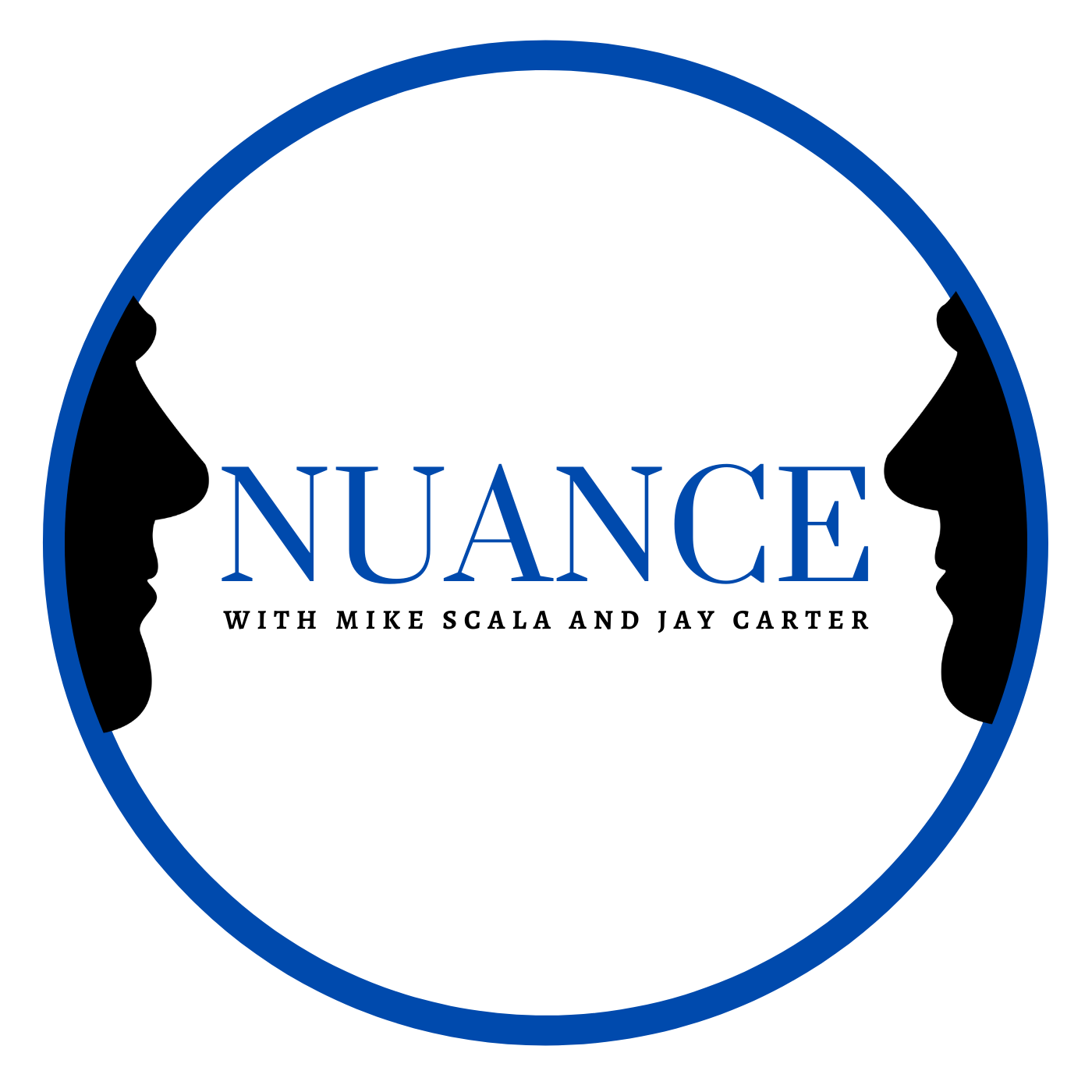Do you agree with the father’s objection to an LGBTQ article in a high school English lesson?
In the latest episode of Nuance, we discussed a recent tweet that has sparked considerable discussion, a father expressed dissatisfaction with his daughter’s 9th-grade English assignment. He was upset that the class used an article about Bayard Rustin, a notable LGBTQ activist and key figure in the civil rights movement, for a grammar exercise focusing on punctuation. His message to the teacher highlighted his concerns about “slipping in LGBTQ activism” into the curriculum and hinted at deeper issues related to family values and educational content.
The assignment itself was straightforward: students were tasked with correcting punctuation errors in sentences about Rustin’s activism and historical contributions. Despite the benign nature of this exercise, which aimed to improve grammatical skills, the chosen content became a point of contention. It’s important to note that Rustin, who was instrumental in organizing the 1963 March on Washington, is celebrated not only for his civil rights leadership but also for his courage in advocating for LGBTQ rights during a time when such stances were particularly controversial.

You have to wonder if the reaction would have been the same had the article been about a controversial yet more traditionally accepted historical figure, such as Confederate General Robert E. Lee or Jefferson Davis, the president of the Confederate States and a person who, like Bayard Rustin, has schools named after him. This highlights the selective outrage based on the content’s association with LGBTQ themes, which some, like Nelson, view as a form of indoctrination or an attack on their religious beliefs.
Commenters, including Nelson, argued that assignments like this push a specific agenda and go against certain religious convictions. Some were on the fence on whether this article was appropriate for an English class instead of a something like History. While it is possible that the teacher selected this article specifically because Rustin was an LGBTQ figure due to a personal agenda, it’s worth questioning whether high school students, should be shielded from historical facts that are widely acknowledged and discussed in public discourse. If the goal of education is to foster critical thinking and awareness of a broad spectrum of social issues and historical contexts, then shielding students from the realities of figures like Rustin seems counterproductive.
This incident is an example of how polarized and politicized everything has become, turning a simple grammar exercise into a perceived ideological battleground.
Do you agree with the father who objected to his 9th-grade daughter’s teacher using an LGBTQ activist’s article in an English lesson?
Additional:
- Responding to your comments about the LGBTQ activist’s article in a 9th grade English class
- Bayard Rustin
- Original tweet





Recent Comments